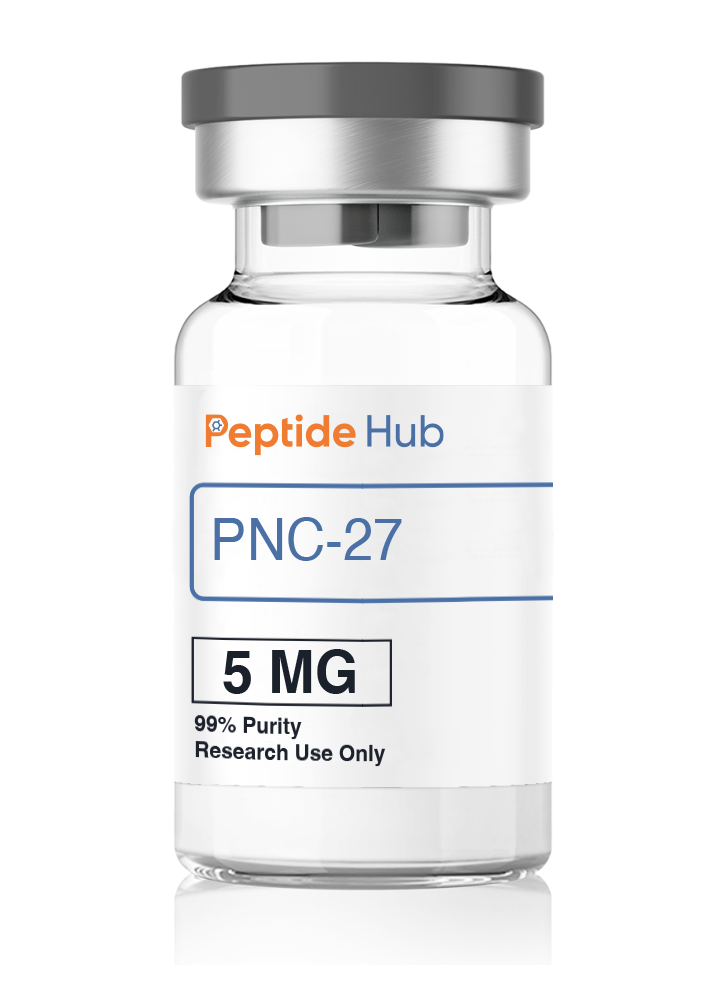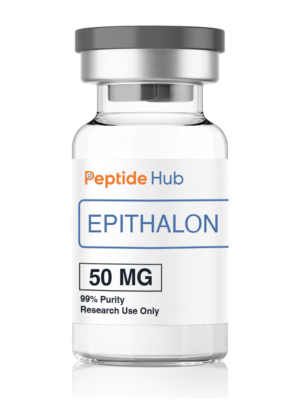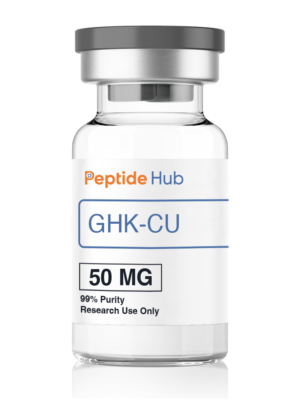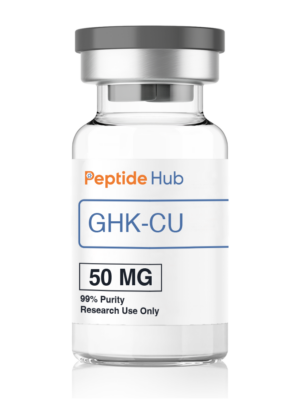Product Details
What is PNC-27?
PNC-27 is a peptide derived from the naturally occurring protein p53, which plays a crucial role in regulating the cell cycle and preventing tumor formation. This peptide has garnered significant attention for its potential applications in cancer research due to its ability to selectively induce apoptosis (programmed cell death) in cancer cells while sparing normal cells. PNC-27 is being explored for its research benefits in treating various types of cancer.
Introduction to PNC-27
The Origin of PNC-27
PNC-27 was developed as a potential therapeutic agent by researchers investigating the tumor-suppressing properties of the p53 protein. Initial studies demonstrated its ability to target cancer cells effectively, leading to further research into its mechanisms of action and potential applications in oncology.
PNC-27 and Its Unique Composition
PNC-27 is a synthetic peptide that consists of 27 amino acids, mimicking the structure of a specific region of the p53 protein. This unique composition allows PNC-27 to bind to and activate the p53 pathway, which is vital for regulating cell growth and apoptosis. By harnessing the natural functions of p53, PNC-27 aims to promote cancer cell death and inhibit tumor growth.
How PNC-27 Works
PNC-27’s Mechanism of Action
PNC-27 functions primarily by binding to the membrane of cancer cells, leading to the formation of pores that induce cell lysis. This selective action allows PNC-27 to target malignant cells while minimizing damage to healthy cells. Additionally, PNC-27 may enhance the activity of the p53 protein, promoting further apoptosis in cancerous tissues.
Targeting Cancer Cells
The ability of PNC-27 to selectively induce apoptosis in cancer cells is a key factor in its potential therapeutic use. By exploiting the vulnerabilities of cancer cells, PNC-27 offers a novel approach to cancer treatment that could complement existing therapies.
Benefits of PNC-27
Potential Anti-Cancer Effects
One of the most significant benefits of PNC-27 is its potential as an anti-cancer agent. Research indicates that PNC-27 can effectively induce apoptosis in a variety of cancer cell types, making it a promising candidate for further investigation in cancer therapy.
Reduced Toxicity to Healthy Cells
Unlike traditional chemotherapy agents, which often have broad-spectrum toxicity, PNC-27 appears to spare normal cells, reducing the side effects associated with conventional cancer treatments. This selective action is crucial for improving patient outcomes and quality of life during cancer therapy.
Support for Combination Therapies
PNC-27 has the potential to be used in combination with other cancer treatments, enhancing their effectiveness. Its unique mechanism of action may help overcome resistance to conventional therapies, making it an exciting area of research in oncology.
Why PNC-27 is Different from Other Peptides
What sets PNC-27 apart from other peptides is its specific targeting of cancer cells through its unique mechanism of action derived from the p53 protein. While many peptides are used for therapeutic applications in general health, PNC-27’s focused approach to inducing cancer cell death positions it as a specialized agent in cancer treatment research.
Other Health Benefits
Potential Role in Cancer Research
Beyond its direct anti-cancer effects, PNC-27 is being studied for its implications in understanding cancer biology and the mechanisms of tumor suppression. Research on PNC-27 may contribute to advancements in cancer therapies and the development of new treatment strategies.
Enhancement of Existing Cancer Treatments
The incorporation of PNC-27 into existing cancer treatment regimens may enhance therapeutic efficacy and reduce the incidence of treatment-related side effects, paving the way for more effective cancer management.
For Research Use Only












